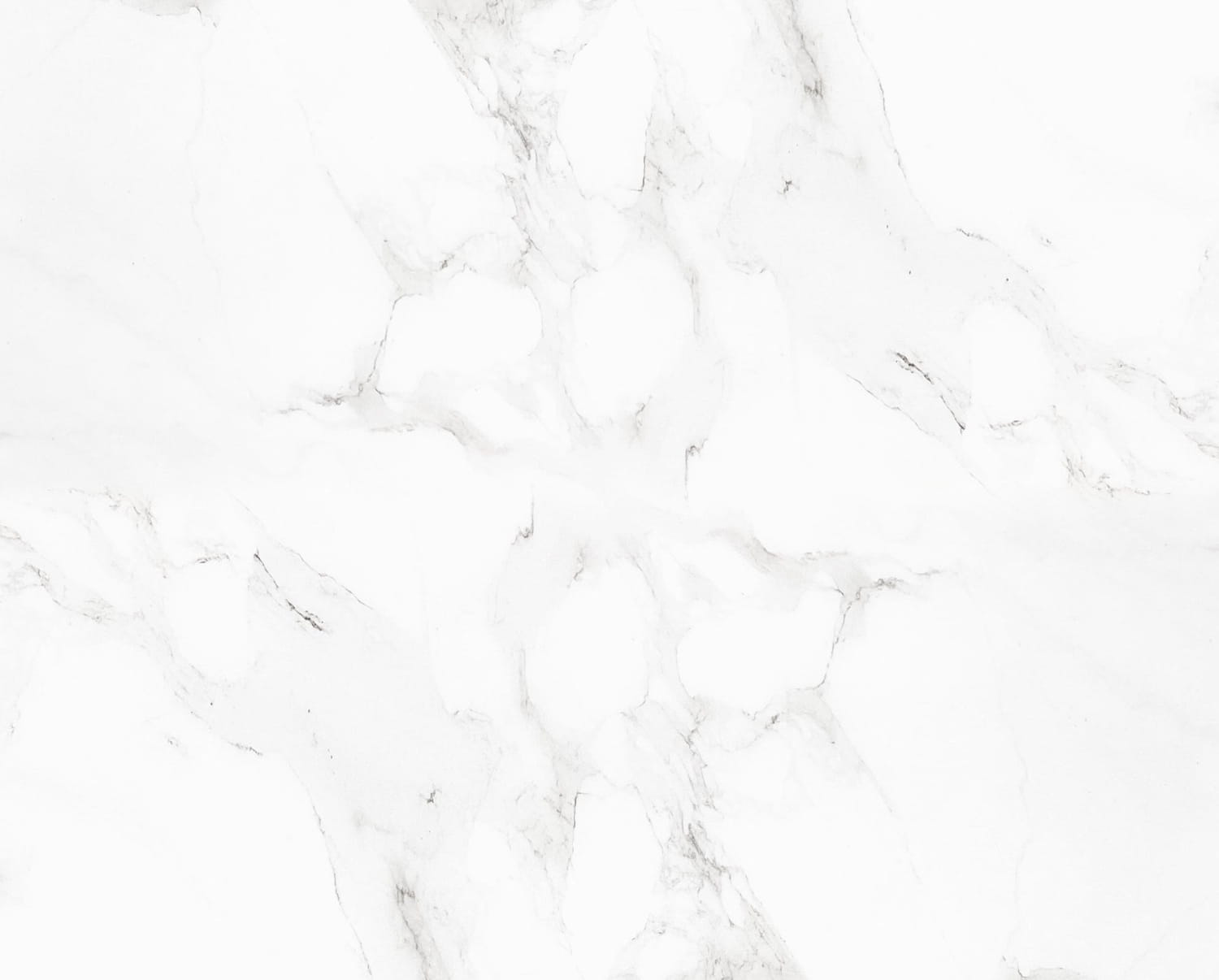Mullein Leaf and Its Health Benefits and Uses: The Ultimate Herbal Guide
Mullein (Verbascum thapsus) is a versatile herb that has been cherished for centuries for its numerous health benefits. Known for its large, soft leaves and tall yellow flowers, mullein is often found in Europe, Asia, and North America. This plant has made its mark in traditional herbal remedies, especially for respiratory health. In this post, we’ll explore mullein leaf’s health benefits, uses, and how to incorporate it into your daily wellness routine.
What is Mullein Leaf?
Mullein is a biennial plant, meaning it completes its life cycle in two years. The plant is easily recognizable due to its woolly, soft leaves and yellow flower spikes. Historically, mullein has been used for various purposes, particularly in supporting respiratory health. Both the leaves and flowers of mullein contain beneficial compounds such as saponins, flavonoids, and mucilage, which contribute to its health-promoting properties.
Health Benefits of Mullein Leaf
-
Respiratory Support
Mullein leaf is widely known for its respiratory health benefits. The herb contains saponins, natural compounds that help break down mucus. This makes mullein a natural expectorant, helping to clear the respiratory tract of congestion. It has been traditionally used to soothe conditions like congested chest. When brewed as a tea, mullein can help clear up e a sore throat and reduce inflammation in the airways, providing a natural way to breathe easier.
-
Anti-Inflammatory Properties
Mullein leaf has anti-inflammatory properties thanks to its flavonoid content. These compounds can help reduce inflammation in the body, making it useful for a range of conditions, from respiratory issues to skin inflammation. For example, when applied topically, mullein can help soothe skin irritations and rashes, thanks to its natural calming effect.
-
Antibacterial and Antiviral Effects
Research has shown that mullein leaf contains compounds with antibacterial and antiviral properties. This makes it particularly helpful in supporting the health of the respiratory system. Its antibacterial action can help reduce the severity and duration of irritations, making it a powerful ally during cold season.
-
Relaxation
Mullein leaf can also act as a natural pain reliever. Its anti-inflammatory and soothing properties can help relieve muscle pain and joint aches. Some traditional practices use mullein in the form of an oil infusion to soothe earaches, providing a gentle, natural remedy. Additionally, drinking mullein tea may have a mild sedative effect, promoting relaxation and improving sleep quality.
-
Digestive Health
The mucilage in mullein leaf can benefit the digestive tract by soothing irritation and inflammation. This can be particularly helpful for individuals suffering from digestive issues such as ulcers, diarrhea, or irritable bowel syndrome (IBS). Drinking mullein tea can help calm the digestive system, reduce bloating, and support overall gut health.
How to Use Mullein Leaf
-
One of the most common ways to use mullein leaf is by brewing it into a tea. To make mullein tea, simply steep dried mullein leaves in hot water for 10-15 minutes. Strain the tea through a fine mesh or cheesecloth to remove any plant fibers, and enjoy. Adding a touch of honey or lemon can enhance the flavor and provide additional soothing effects for the throat and respiratory system.
-
Mullein Oil
Mullein oil is made by infusing mullein flowers or leaves in a carrier oil, such as olive oil. This oil is often used to relieve earaches and soothe skin irritations. To make mullein oil at home, place dried mullein flowers in a jar, cover them with oil, and let it infuse in a warm place for a few weeks. Strain the oil and store it in a cool, dark place. Always consult a healthcare professional before using mullein oil in the ear.
-
Mullein Capsules, Extracts and Supplements
For those who prefer a more convenient option, mullein leaf is available in the form of capsules or tinctures. These supplements offer a concentrated dose of the herb, making it easier to incorporate into a daily wellness routine. When choosing mullein tincture supplements, look for high-quality, organic options to ensure purity and potency.
-
Topical Applications
Mullein leaf can be used in poultices or creams to soothe skin inflammation, or burns. Simply crush the dried leaves and mix them with a little water to form a paste. Apply the paste to the affected area for its calming and healing effects.
Precautions and Considerations
While mullein leaf is generally safe for most people, it’s important to use it with care. Always strain mullein tea well to remove the fine hairs on the leaves, as they can cause throat irritation. If you are pregnant, nursing, or have a pre-existing health condition, consult a healthcare professional before using mullein in any form. Additionally, sourcing high-quality, organic mullein products is key to ensuring you get the maximum health benefits without exposure to pesticides or contaminants.
Conclusion
Mullein leaf is a versatile herb with a range of health benefits, particularly for respiratory support, anti-inflammatory effects, and digestive health. Whether enjoyed as a soothing tea, used topically, or taken as a supplement, mullein offers natural wellness support that has been valued for centuries. By incorporating mullein leaf into your daily routine, you can harness the power of this traditional herb to support overall health and vitality.
Explore Herbal Goodness's selection of high-quality mullein leaf products to experience the benefits for yourself. As with any herbal remedy, it’s important to consult a healthcare professional before use, especially if you are new to herbal supplements. Embrace the natural healing properties of mullein leaf and let it be part of your journey toward holistic well-being.
Visit Herbal Goodness to learn more about our premium mullein leaf products and how they can support your wellness goals today!












